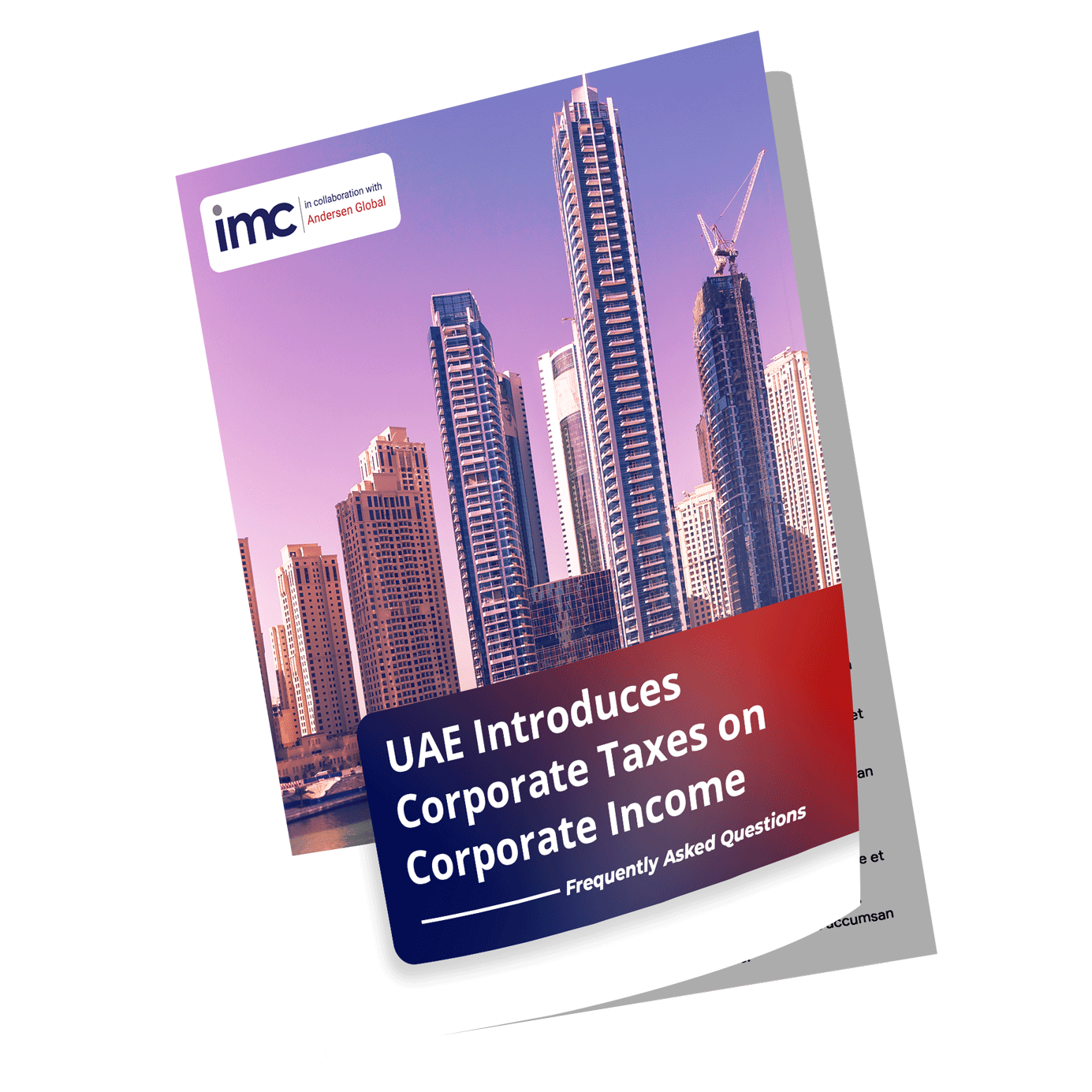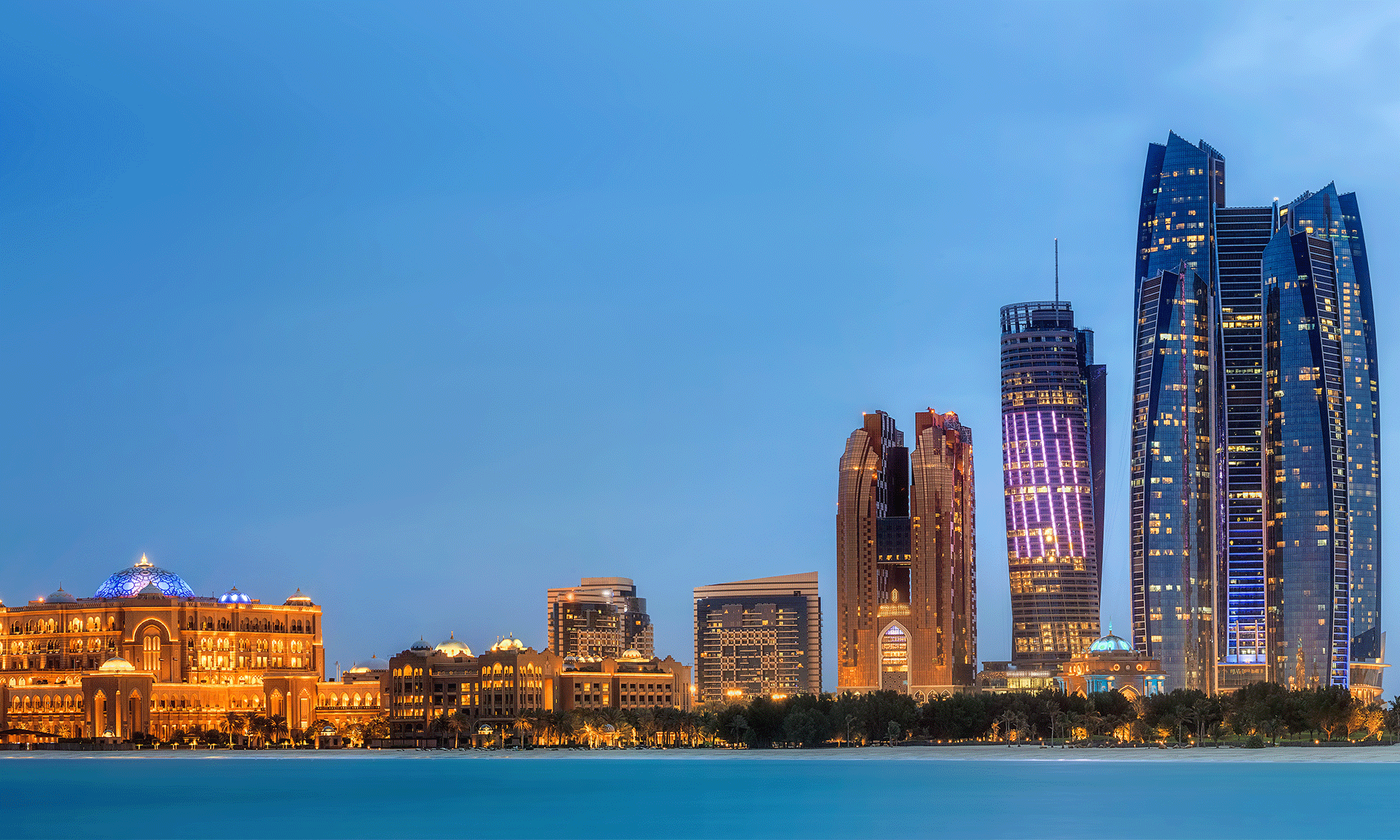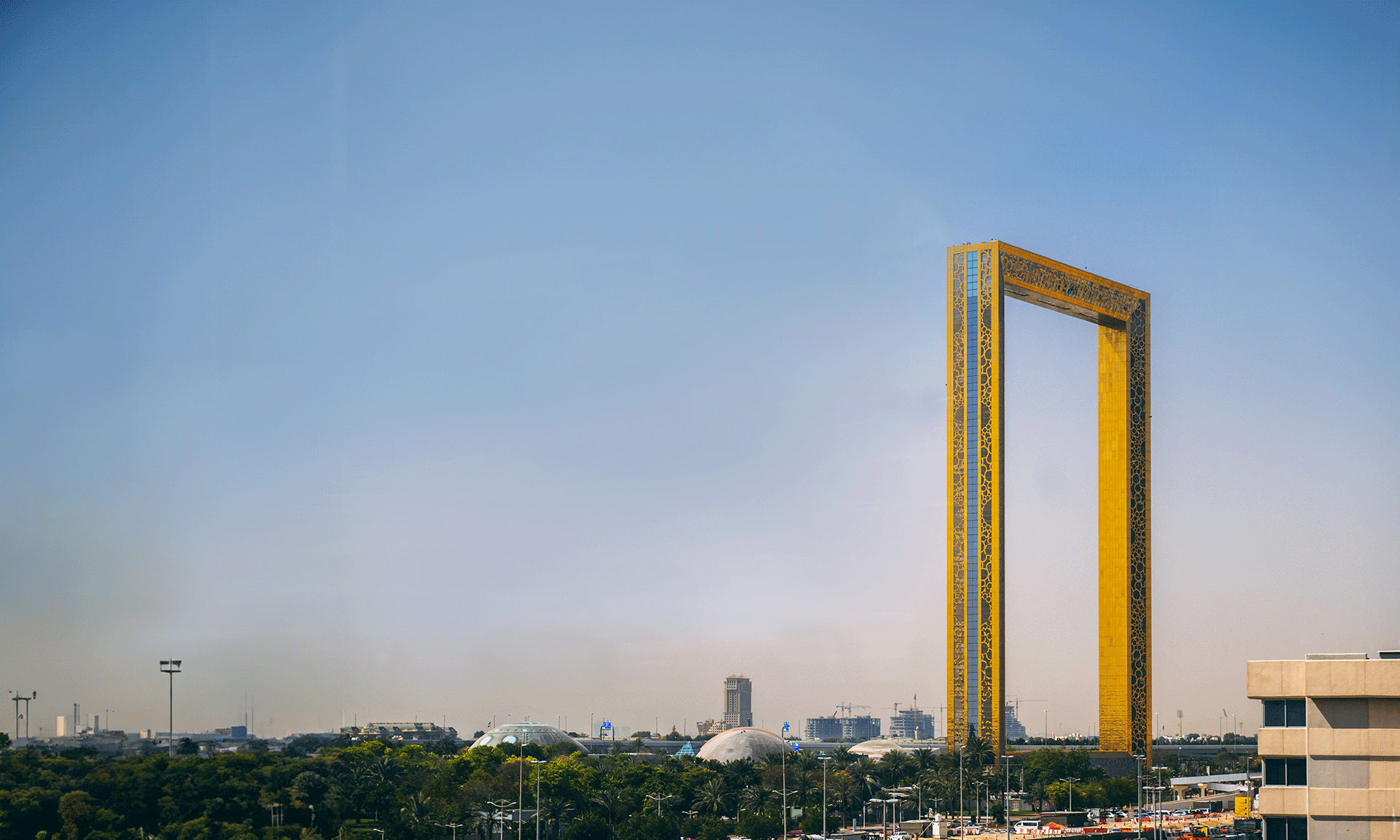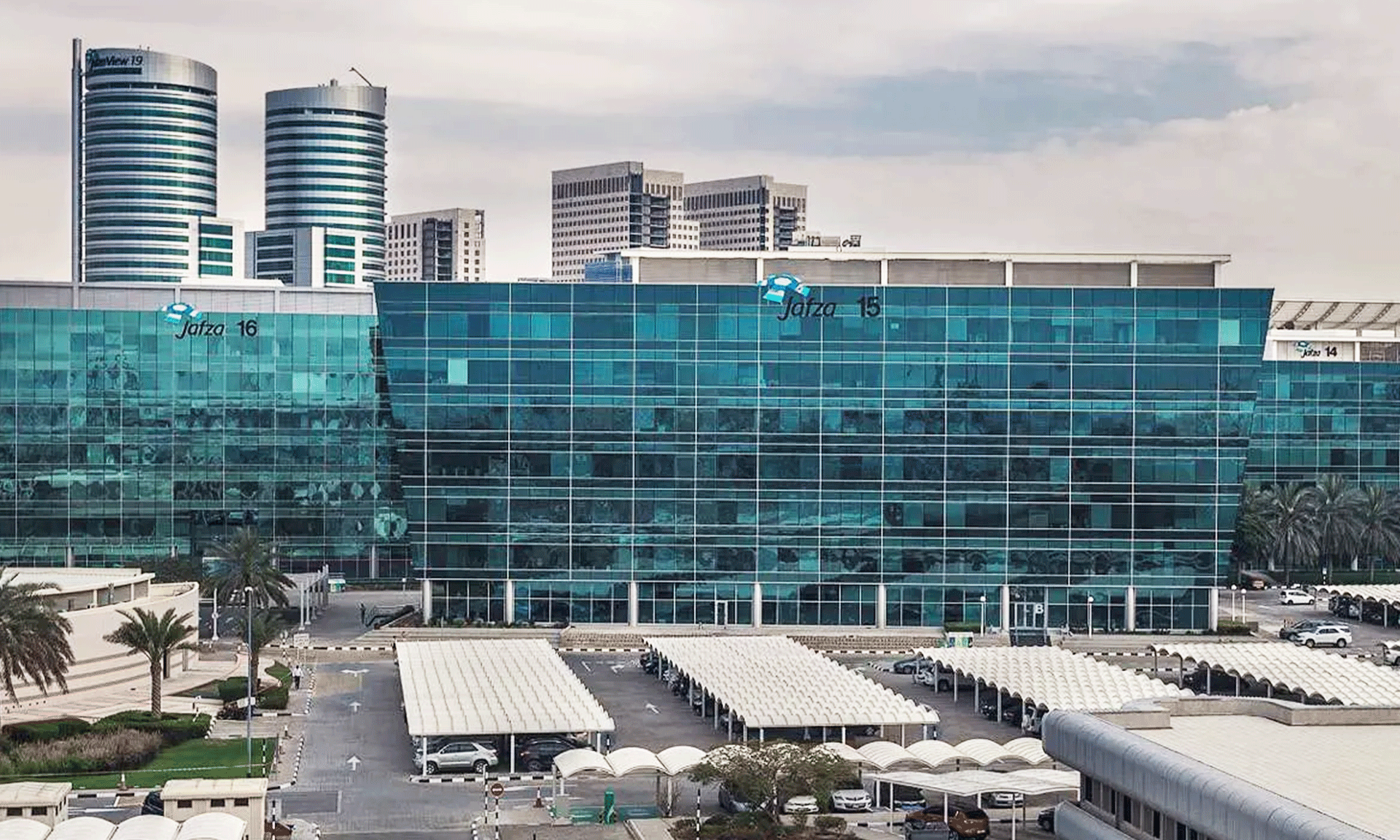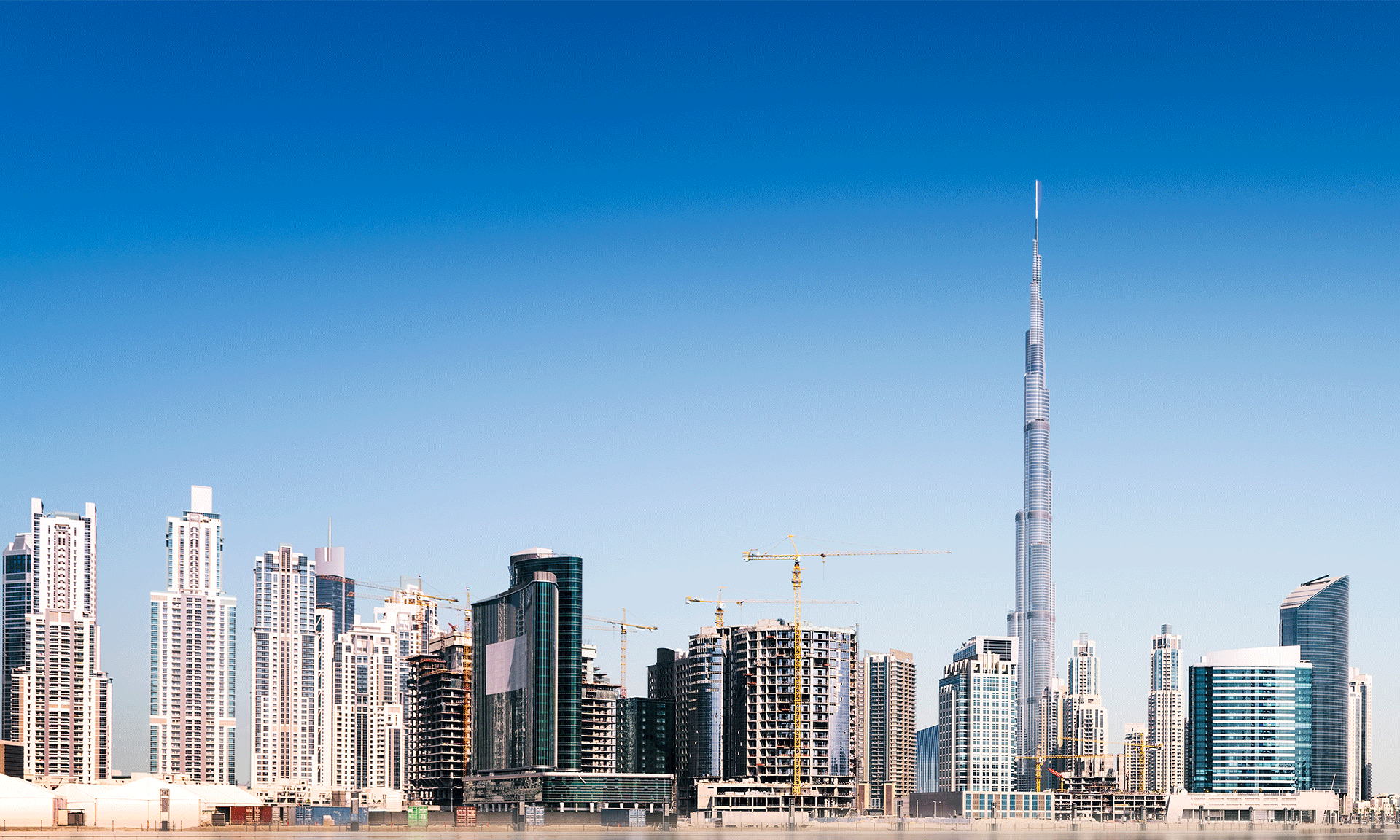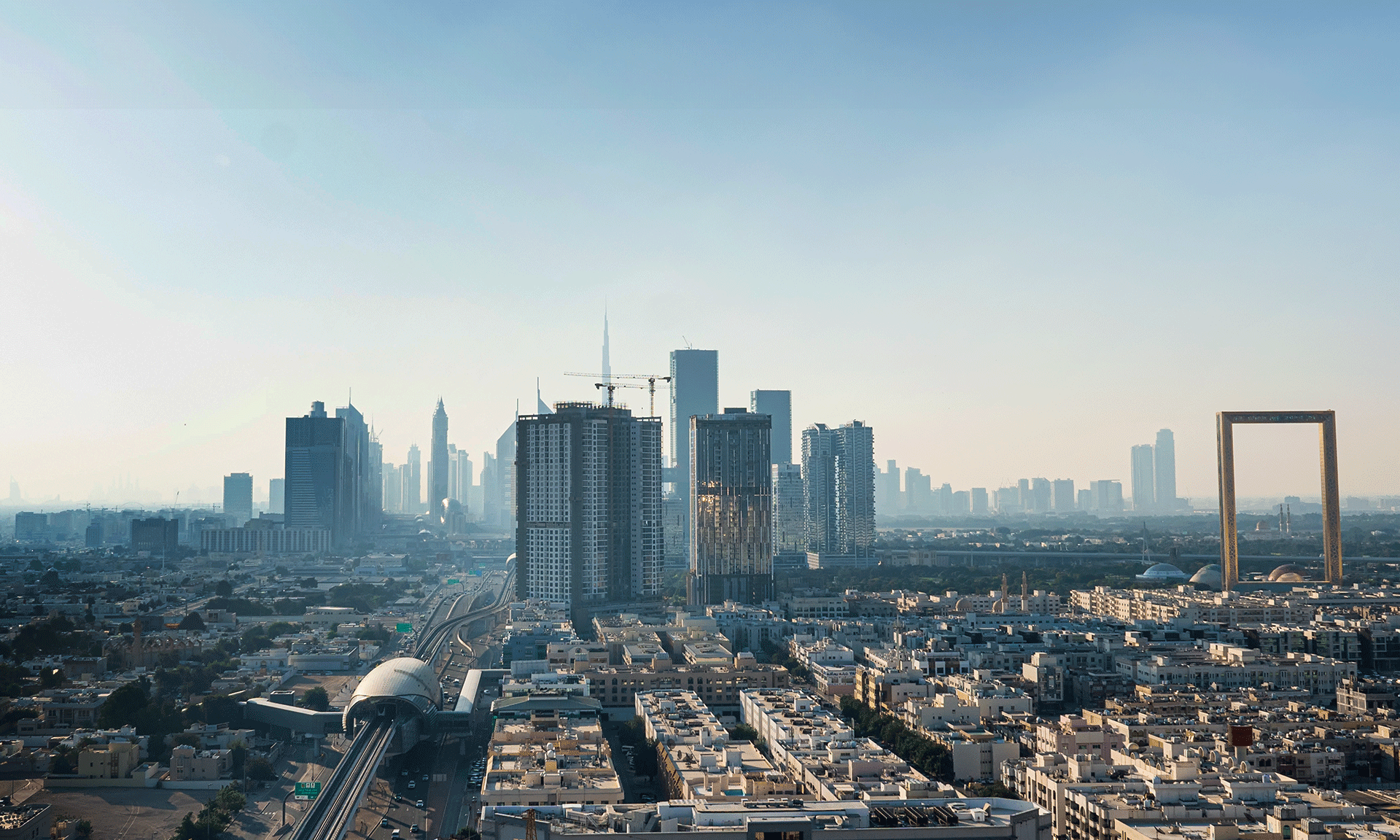The United Arab Emirates (UAE) Ministry of Finance has announced a new initiative to reduce the corporate tax burden and compliance costs of small and micro-businesses, including startups. Small Business Relief Ministerial Decision No. 73 of 2023 will be applicable to periods beginning after the 1st of June 2023 and ending on the 31st of December 2026. The relief is intended to promote the expansion and diversification of the UAE’s economy, as well as an environment conducive to investment and entrepreneurship.
Lower Tax Burden on Small Businesses
According to the Ministerial Decision, taxable persons with revenues of less than AED 3 million during the relevant tax period and all preceding tax periods will not be considered to have generated any taxable income. The revenue calculations will adhere to the UAE’s accepted accounting standards. However, Qualifying Free Zone Persons and members of Multinational Enterprise Groups (MNE Groups), which are groups of companies with operations in more than one country and consolidated group revenues exceeding AED 3.15 billion, will not be eligible for Small Business Relief.
The government of the UAE has announced a nine per cent tax on profits exceeding AED 375,000. When planning their finances and ensuring compliance with UAE tax laws, it is crucial for businesses to understand how to calculate their taxable corporate income.
Before calculating their corporate tax liability, businesses must determine their revenue according to the UAE’s accepted accounting standards. The Small Business Relief will apply to eligible small businesses with revenues below AED 3 million, and no corporate tax will be due. Profits exceeding AED 375,000 will be taxed at a rate of nine per cent for businesses with revenues exceeding AED 3 million.
Protecting Against Artificial Business Separation
The Ministerial Decision emphasizes that if the Federal Tax Authority (FTA) determines that taxable persons artificially separated their business or business activity to exceed the AED 3 million thresholds, such electing persons will be considered to have engaged in an arrangement to obtain a Corporate Tax advantage under Clause (1) of Article 50 of the Corporate Tax Law’s general anti-abuse rules.
Conclusion
The Small Business Relief is a significant step towards assisting SMEs and new businesses in the UAE. To make the most of this tax relief, it is highly recommended that businesses seek the expertise of a corporate tax advisory in Dubai. IMC Group, with years of experience handling tax matters for numerous businesses in Dubai, offers exceptional advisory services tailored to the unique needs of each client.



















